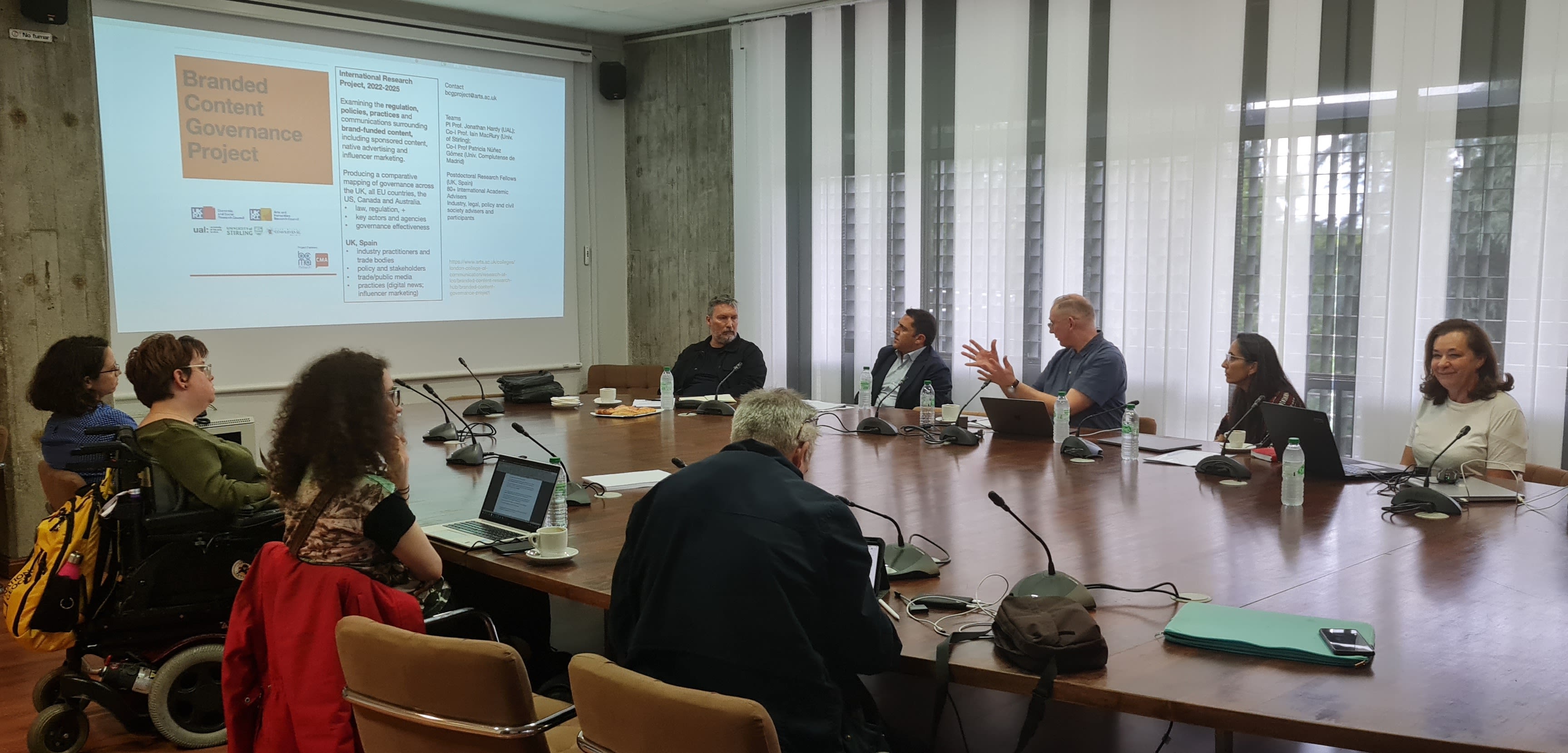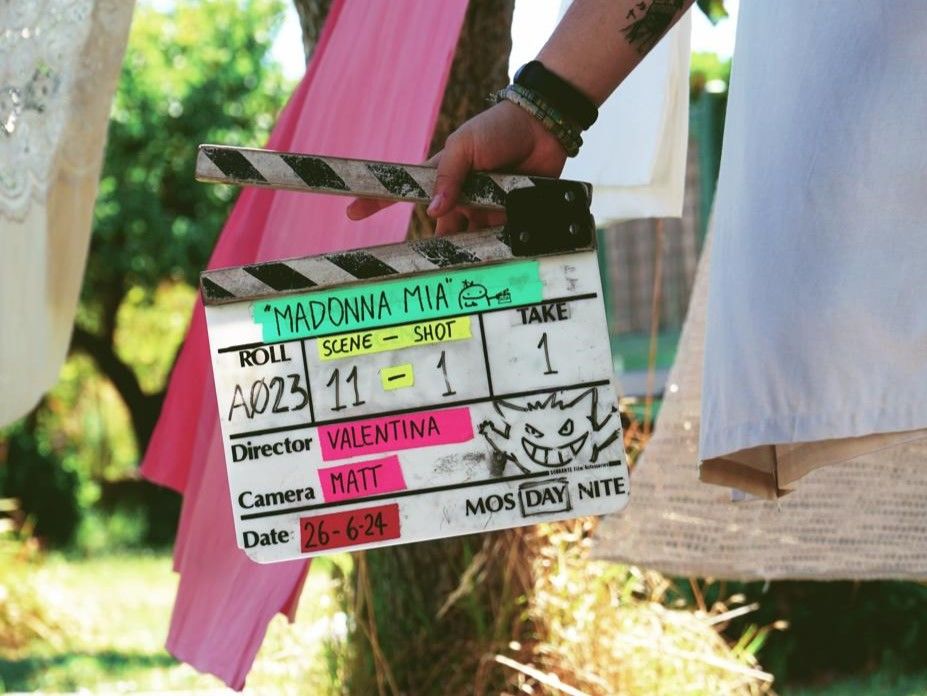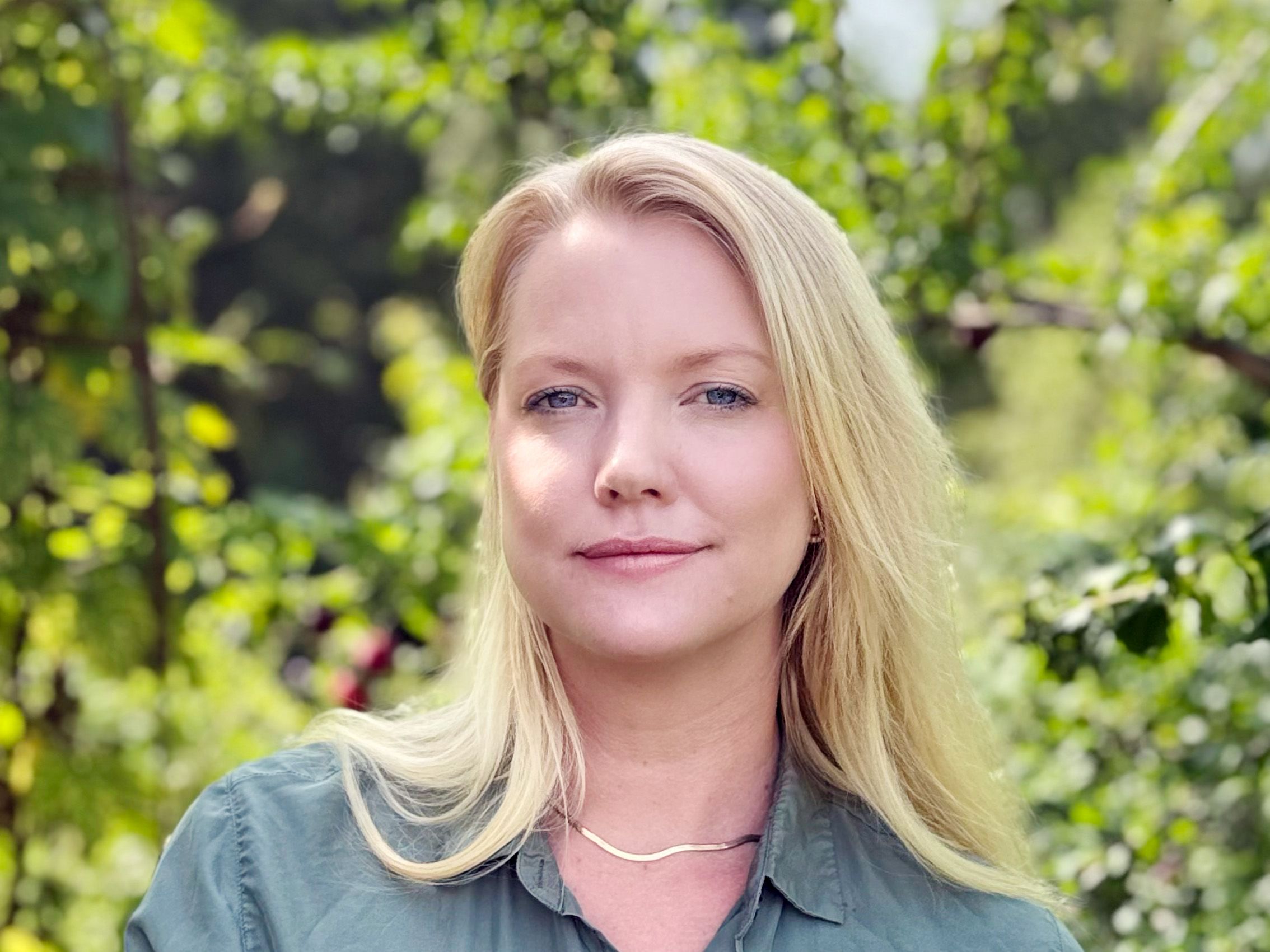
How can we regulate branded content, product placement and influencer marketing?

- Written byAriella Fisher
- Published date 10 June 2025

From influencer posts and product placements to AI-generated ads and personalised recommendations, branded content is central to the media we use every day. As media and marketing become more intertwined, it’s increasingly important to understand how this content is created, experienced — and regulated.
Jonathan Hardy, Professor of Communications and Media at London College of Communication (LCC), University of the Arts London, leads the Branded Content Governance Project — a three-year, UKRI-funded research initiative examining how branded content is governed across 32 countries.
The project will culminate with the ‘Media–Marketing Integration: Practices, Policies, Problems and Remedies’ conference on 3–4 July 2025 at LCC. The event brings together international researchers and voices from industry, policy and civil society to explore the challenges and future of branded content.
Ahead of the conference, we spoke with Jonathan about branded content, global regulation, and why public interest must be at the centre of media policy.

Hi Jonathan! What is the Branded Content Governance Project, and how did it come about?
As media and marketing merge and new forms of marketing communications proliferate, are regulations, guidance, and best practice keeping pace? That is the focus of the Branded Content Governance (BCG) Project 2022–2025.
The BCG Project is led by UAL (Branded Content Research Hub), University of Stirling, and Complutense University of Madrid, supported by a 90+ international academic network, and industry, legal, policy and civil society partners.
In advance of the conference, we will publish our comparative 32-country mapping of laws and regulation affecting branded content across North America, the UK, all EU countries and Australia. We have published interim versions of most country reports, together with our 2024 Mapping the Media-Marketing Ecology report and other publications — view the range of research from the Branded Content Governance Project.
The BCG Project investigates how branded content is treated in regulation and across all forms of governance, including how issues are reported, discussed and acted on. It is led by me at University of the Arts London and two colleagues, Professor Iain MacRury from University of Stirling and Professor Patricia Núñez Gómez from Complutense University in Madrid.
We won grant funding from two UK research councils, making us one of the very few projects to win funding for research on advertising and media, and also fairly unique in gaining joint support from both social science and humanities councils.
We started the project in September 2022, but it began earlier with a smaller grant that allowed us to set up the Branded Content Research Network in 2016–2017. From that, we developed this more ambitious project.
What is the Media-Marketing Integration Conference, and what can we expect from it?
The conference will spotlight a phenomenon that has increased in scope, intensity and importance: the merging of media and advertising. We’ll be discussing all forms of branded content, from product placement to influencer marketing.
The conference will share and celebrate the work of the Branded Content Governance Project and bring together academics involved in the project from across Europe and North America, alongside others who will share their work.
We are delighted with the lineup. There will be over 24 academic presentations covering AI, AdTech, KidTech, regulation and ethics. Keynote speakers include Professor Sonia Livingstone (LSE), a champion of children’s digital rights, and Professor Joseph Turow (University of Pennsylvania), whose work explores the interconnections between media and marketing. Professor Nick Couldry (LSE) will open a special public meeting on AI-driven targeting, joined by Gia Thom from news publishing regulator, Impress, and Alex Murray from the Conscious Advertising Network.
We also have speakers from industry, including Andrew Canter (Branded Content Marketing Association) and Scott Guthrie (Influencer Marketing Trade Body).What makes branded content such a significant issue in today’s media environment?
If a brand is paying for content we should be told about it and often that means telling us that it is an ad. Across our media today more and more messages can be paid for but appear as organic, as the authentic views of someone writing a news article, or a review, or a social media post. The trust we have that content will be an expression of honest opinion or artistic creativity, independent of payment or vested interests, is precious.
Today, brands want to be part of content that is engaging, entertaining and valued by users, while media need to attract advertising finance. The result is an increase in branded content. The old rules that limit advertising don’t work across today’s media landscape. So, our project highlights the need to review how societies manage advertising today.

How are new technologies changing the landscape of branded content?
New technologies are helping marketers scale-up production of original branded content. With AI assistance, content can be created more easily, tested and targeted speedily through programmatic advertising, and can be increasingly personalised. AI also makes it easier to create native advertising, where ads are created to blend in, matching the style and format of the platform they appear on.
Branded content is already present in voice assistants, something our invited speaker Professor Joseph Turow writes about in his book The Voice Catchers. We are on the cusp of AI-assisted chatbots giving highly personalised advice, but which are also ad-carrying, giving us what Naomi Klein called ‘branded wisdom’.
The landscape has shifted from a traditional triad — marketers, agencies, media — to a sextet, now including platforms, AdTech, and creators. In the 20th century, the triad was shaped by professional relationships and services between industrially organised institutions. Now creators are on a spectrum, from professional to amateur — many lack the training and support that the institutions provided but are targeted by brands as carriers for their promotions.
This new ecosystem runs on automation and AI, and when we try to understand the media-marketing ecology today, or identify what better regulation or more ethical behaviour might be, we have to address the way non-human decisions have been built into systems (of course by human decision-making), and how these could be changed.
What are the major challenges for regulation and governance in this space?
It is a complex, fast-changing environment posing multiple challenges for governance. Most people involved would agree that the challenge is to work out what rules, conditions, incentives and support can make for the best ‘good governance’ outcomes.
Throughout most of the 20th century, advertising and media were separated by laws, self-regulation, and professional norms. Over the last thirty years, formats blending advertising and media have grown, raising challenges around disclosure — how to identify sponsorship in podcasts, regulate influencer marketing, and enforce rules across platforms, marketers, adtech, media providers, and creators.
Our project identifies four problem areas: consumer identification of advertising, the impact of integrated advertising on media quality and integrity, limits on marketers’ power to dominate communications, and the capacity of creative workers to act ethically.
A key focus is how the principle of identification and disclosure of marketing communications is maintained. In the UK, the Advertising Standards Authority’s own research showed industry self-regulation has been failing. Its 2021 report on Instagram influencers found ‘a disappointing overall rate of compliance with the rules on making it sufficiently clear when they were being paid to promote a product or service’.
Why is this topic important to the public — and not just media professionals?
We should know when we are being sold to. We should know how any public media content has been created — who has sponsored it, whose interests, and whose money lie behind it. Whether it is AI-generated content, sources of disinformation, or commercial content, this is a key, underlying issue for our age. This is not a call to legislate for human perfection, but rather a call to discuss the obligations of those who bring public communication into our lives — the platforms, publishers, marketers, agencies, content creators – the entire, increasingly automated, ecology.
As the late media scholar Robert McChesney said – so much communications policy is done in the public’s name but without the public’s informed consent. Regulation is carried out in a closed world where the people with the greatest influence work in, or are supported by, the advertising and media industries.
When we do get public views, they are often at odds with decisions made by governments, regulators and industry. Users want more help distinguishing advertising and tend to support stronger regulation.
Our role is to bring an independent perspective. We aim to bring high-quality research and findings from interviews and discussions across the range of interests and opinions, identifying problems and proposing context-sensitive solutions across the countries we’ve studied.
Can you share any insights or findings from the research?
We’ve examined the way all the main forms of branded content are regulated across 32 countries. 27 of these are in the European Union and have common EU law and standards, but even here we find huge variation in their arrangements to regulate advertising and media.
A key insight is that while efforts have been made to align converging media with converging regulation, there are gaps and anomalies. For example, in the UK, a 15-year-old influencer on TikTok has a greater obligation to declare gifting from a brand than a professional journalist has to declare a studio-paid trip to a film set.
We recommend that the principle that all marketing communication should be recognisable — as set out in the voluntary code of the International Chamber of Commerce — should be clearly established in law, which it isn’t in most countries in our study.
At the same time, a spectrum of regulatory types is beneficial. We identify “governance-in-practice” as the reflections of practitioners, guided by industry bodies that produce best practice and codes. There is a key role for both self-regulators and statutory regulators. We propose recognising multiple ‘centres’ of governance and focusing on better integration and interlinking. In academic terms, we call this integrated polycentric governance.
What are you hoping attendees take away from this conference?
The study of promotional industries is still young compared to many areas of media studies, and there are relatively few comparative studies that focus on regulation like ours. Our key term ‘governance’ is chosen because it covers the full range of rulemaking, from laws and regulation to the way practitioners decide what is okay. We hope to contribute to this nascent field by offering ideas, a foundation of research and support for networking, and to help the next generation of researchers.
The conference is a pivotal point, to share what we’ve done and give space to other researchers to share their work, from PhD students to leading professors in communication studies. We also want to deliver something that has been vital throughout: dialogue with industry, regulators and civil society groups.
How can people get involved or follow the project’s work?
The best way to get in touch is to email bcgproject@arts.ac.uk. We invite academic researchers and anyone interested to join our Branded Content Research Network mailing list. View the Branded Content Governance Project page, or follow the Branded Content Research Network on LinkedIn.
Book your free place for the Media-Marketing Integration: Practices, Policies, Problems and Remedies conference at LCC in July 2025.
Related links:
- Explore the Branded Content Research Hub.
- Find out about Research at LCC.



